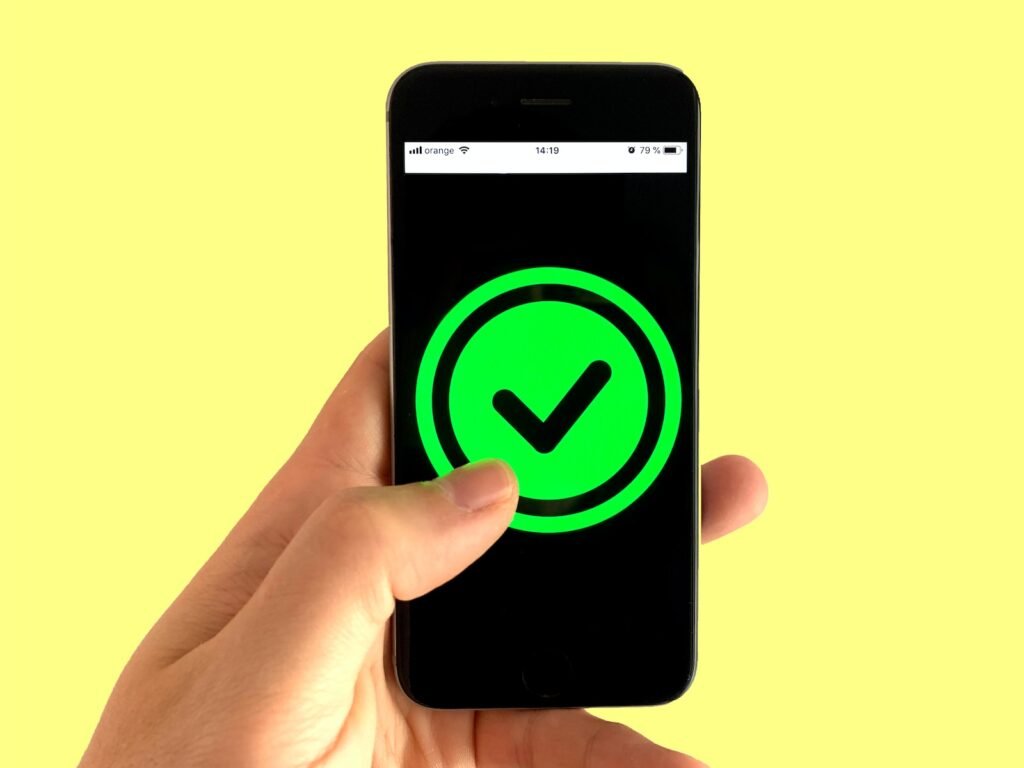Introduction
Viruses and malware are a constant threat in today’s digital world. They can cause significant damage to your computer, steal your personal information, and disrupt your daily activities. Protecting your computer from viruses is crucial to ensure its smooth functioning and keep your data safe.
1. Install Antivirus Software

The first and most important step in protecting your computer from viruses is to install reliable antivirus software. Choose a reputable antivirus program and keep it updated to defend against the latest threats.
2. Enable Automatic Updates

Ensure that your operating system, antivirus software, and other applications have automatic updates enabled. Updates often include security patches that fix vulnerabilities and protect your computer from new viruses.
3. Be Cautious of Email Attachments
Viruses often spread through email attachments. Be wary of opening attachments from unknown senders, and never download or open suspicious files. Use an email filtering system to detect and block potentially harmful emails.
4. Avoid Clicking on Suspicious Links

Phishing attacks use deceptive links to trick users into revealing sensitive information. Avoid clicking on suspicious links in emails, social media messages, or websites. Hover over the link to check its destination before clicking.
5. Use a Firewall

A firewall acts as a barrier between your computer and the internet, monitoring incoming and outgoing network traffic. Enable the built-in firewall on your operating system or install a third-party firewall to add an extra layer of protection.
6. Regularly Back Up Your Data

Backing up your data is essential in case of a virus attack or system failure. Store your backups on an external hard drive or cloud storage. Regularly schedule automatic backups to ensure your data is always protected.
7. Secure Your Wi-Fi Network

Securing your Wi-Fi network prevents unauthorized access and potential virus infections. Set a strong password for your Wi-Fi router and enable encryption (WPA2 is recommended). Avoid using public Wi-Fi networks for sensitive activities.
8. Be Mindful of Downloads

Only download files from trusted sources. Avoid downloading software, games, or media files from unverified websites, as they may contain hidden viruses or malware. Use reputable download platforms and always read user reviews.
9. Educate Yourself and Your Family

Stay informed about the latest online threats and educate yourself and your family members about safe browsing habits. Teach them to avoid suspicious websites, pop-ups, and to be cautious while sharing personal information online.
10. Regularly Scan Your Computer

Perform regular scans of your computer using your antivirus software to detect and remove any potential threats. Schedule automatic scans to ensure continuous protection.
Conclusion
Protecting your computer from viruses is essential to safeguard your data and maintain its optimal performance. By following these essential tips, you can significantly reduce the risk of virus infections and enjoy a safe and secure digital experience.







